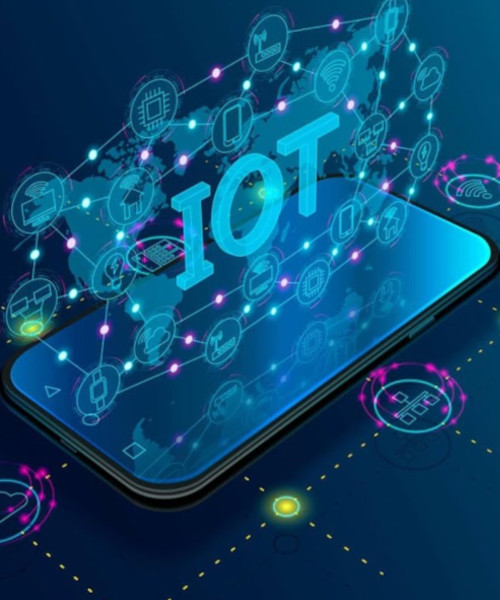Internet of Things (IoT) & Python
The Internet of Things (IoT) creates a seamless fabric of connectivity among physical devices and software, enabling seamless interaction and data exchange through wireless networks, cloud platforms, and sensors. Python, with its straightforward syntax and robust community support, is an optimal language for crafting IoT applications.
During this interactive, live training session, participants will dive into the world of IoT programming utilizing Python.
After this session, participants will have the skills to:
Grasp the core components of IoT infrastructure.
Understand the essentials of utilizing Raspberry Pi.
Set up and tailor Python on Raspberry Pi.
Recognize Python’s advantages for IoT software development.
Construct, examine, deploy, and debug a Python-powered IoT system on Raspberry Pi.
Targeted Audience:
Software Developers
Technical Engineers
Course Design:
A blend of instructional teaching, group discussions, and extensive hands-on practice.
Customization:
Please reach out to us for any specific requirements or modifications you need for this course.

Course Outlines
Introduction to Internet of Things (IoT)
-
- Understanding IoT Fundamentals.
- Examples of IoT Devices and Platforms
- Why Python is a Good Language for Building IoT Systems
Overview of IoT Solutions Architecture
-
- IoT Components
- Analog Sensors and Actuators
- Digital Sensors
Internet Gateways and Data Acquisition Systems
-
- Data Aggregation
- Analog to Digital Conversion
Edge IT
-
- Analytics
- Pre-Processing
Data Center / Cloud
-
- Analytics
- Management
- Archive
Using Raspberry Pi for IoT
-
- Installing and Configuring Python on Raspberry Pi
- Building an IoT System with Python and Raspberry Pi
- Connecting and Managing the Sensors
- Extracting and Analyzing Data from the Sensors
- Storing, Managing, and Acting on the Data
- Testing and Deploying an IoT System with Python and Raspberry Pi
Troubleshooting
-
- Summary and Conclusion
Requirements
-
- Basic Python programming experience
- Basic experience or familiarity with microcontrollers or microprocessors